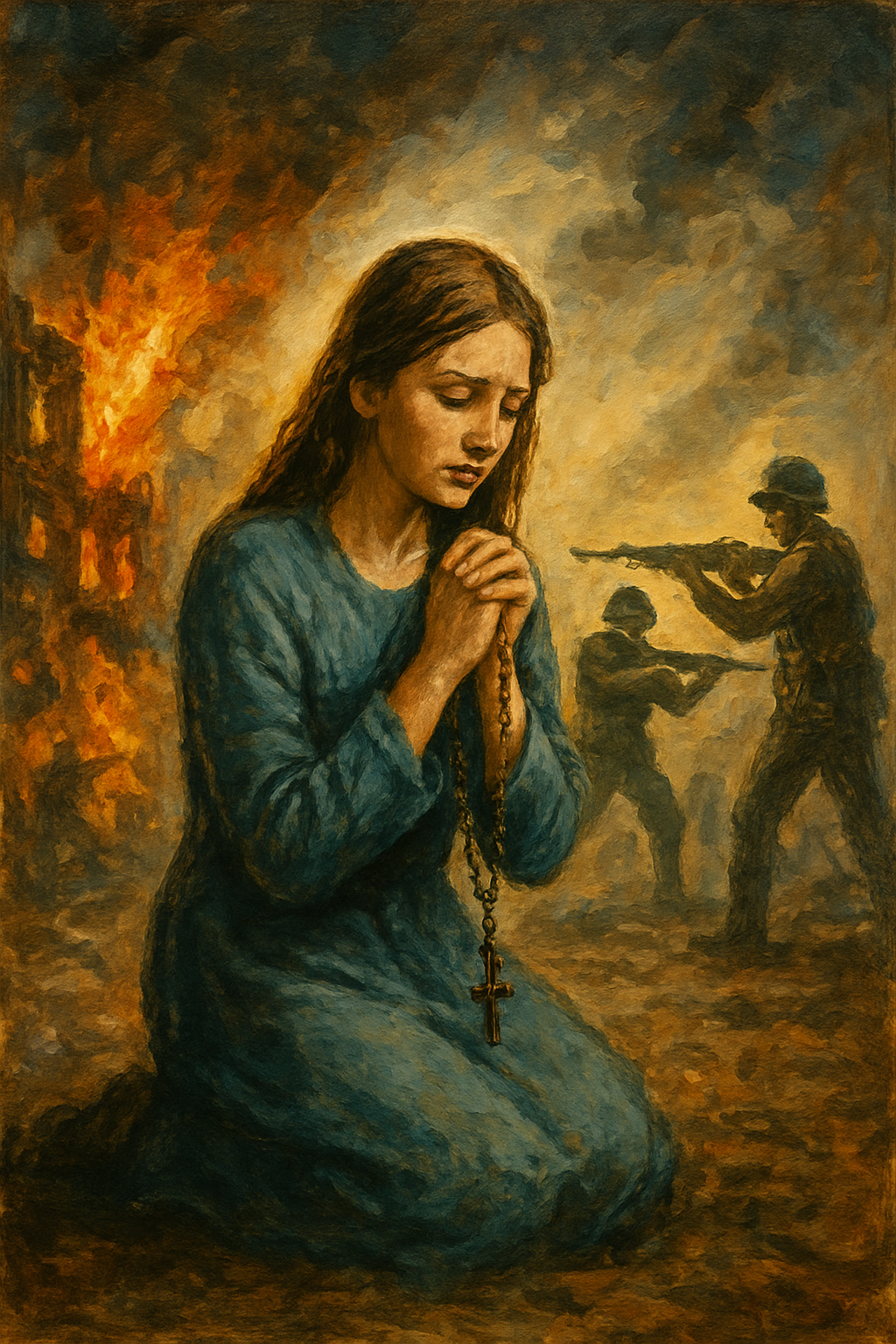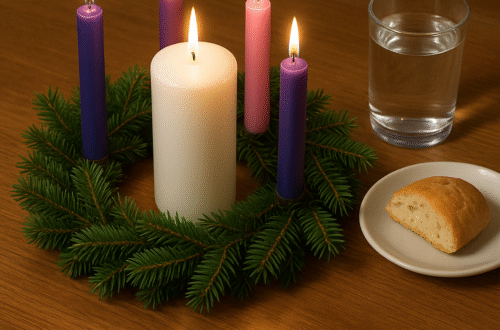The President of the United States wants to get into heaven by bringing peace to the Earth. So let’s help him. For if he succeeds under God’s power, we all benefit. Thankfully, Our Lord and His Blessed Mother have both taught us what we need to do to pray for peace during global crises and prevent World War III. We just need to follow their instructions.
What the Bible Says about War and Peace
The bible is jammed packed with battles and wars, especially in the Old Testament. Some Christians refuse to read the Old Testament because of this. My own father despised it, because it was full of violence. I think he struggled to reconcile his image of a loving God of Peace advocating war and destruction. However, it’s all there in black and white. God curses King Saul for not slaying the King of the Amalekites, because God told him to destroy them all.
Go, now, attack Amalek, and put under the ban everything he has. Do not spare him; kill men and women, children and infants, oxen and sheep, camels and donkeys.
(1 Samuel 15:3)
Are the Amalekites not also His creation? Why does God want them all killed when He commands us not to kill? And what did the poor donkeys do to offend God?
The answer is simple. God is a just God.“Vengeance is mine, I will repay, says the Lord.” (Romans 12:19). The Amalekites were a wicked, sinful people. They were teaching their children to be evil as well. And so God wanted swift justice to protect His chosen people. By killing the livestock the Israelites would have destroyed the Amalekites financially as well, so they could not rebuild an army to fight against the Israelites again.
However, when Christ came to the world he opened the doors of mercy through his suffering, death and resurrection. Whilst God hasn’t changed, (and we will explore this later), through Christ’s redemptive love God has another card in his hand to play if people are willing to accept Him.
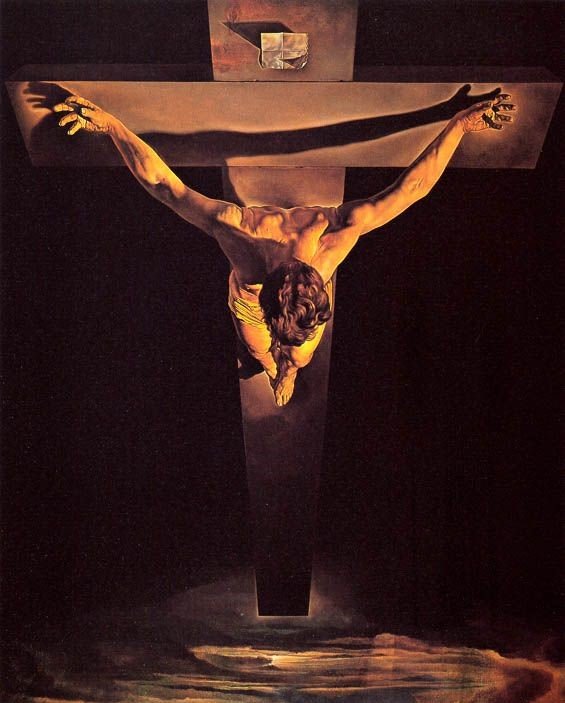
What Jesus says about Peace
Throughout the 1930s, Jesus visited a simple, humble Religious Sister, St Faustina Kowalska from the Congregation of Sisters of Our Lady of Mercy in Poland. His message was direct. He taught St Faustina about his abundant Divine Mercy. He wanted her to remind the world of His mercy.
Jesus told St. Faustina, “Mankind will not have peace until it turns with trust to My mercy” (Diary of Saint Maria Faustina Kowalska, 300; see also 699).
The Divine Mercy message is one we can call to mind simply by remembering ABC:
A – Ask for His Mercy. God wants us to approach Him in prayer constantly, repenting of our sins and asking Him to pour His mercy out upon us and upon the whole world.
B – Be merciful. God wants us to receive His mercy and let it flow through us to others. He wants us to extend love and forgiveness to others just as He does to us.
C – Completely trust in Jesus. God wants us to know that all the graces of His mercy can only be received by our trust. The more we open the door of our hearts and lives to Him with trust, the more we can receive.
Source: (https://www.thedivinemercy.org/message)
Jesus shared prayers with St Faustina to pray for peace and mercy.
Have you ever been truly hurt by someone, that you struggled to forgive them? Have they then repented and shown true sorrow, so you have forgiven them and been reconciled? It’s the best feeling in the world. Once this reconciliation has taken place you feel deep peace in your heart and even can love the other person once again.
Jesus’ message throughout the Gospel and in his messages to St Faustina teaches us how to pray for peace during a global crisis, because all He calls us to do is to Trust in His love and mercy. When we can do this we can pay that love and mercy forward to others bringing peace into the world through reconciliation.
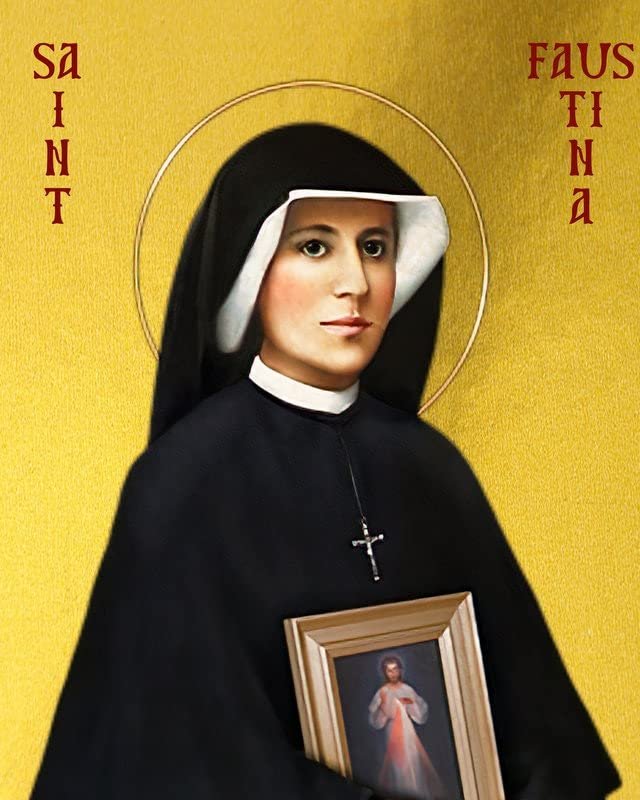
What Our Lady says on How to Pray for Peace during a global crisis
Before Jesus visited St Faustina in 1931, his mother visited three simple shepherd children in Fatima, Portugal in 1917. Her message was a warning to the world to turn from our sinful ways and seek God’s mercy.
She gave three messages to the children. The messages appeared as visions, warnings and prophecies.
Firstly, she showed them a vision of hell, so they could understand what people suffered in the netherworld and the importance of reparations.
She told them to pray the rosary every day to bring about the end of the first world war, which was raging at the time. But warned them that if the world, especially Russia did not repent and turn to her Immaculate Heart there would be an even worse war. (World War II).
Lastly, she gave a prophecy of a bishop in white being fatally shot. St Pope John Paul II believed this to be him when there was an assassination attempt on his life in 1981. Some question whether this vision was in relation to St Paul John II as the bishop in the vision died. However, he believed Our Lady directly intervened to ensure the bullet missed his heart.
Whatever the meaning behind the visions, Our Lady’s message is clear. She wants us to make reparations for the sins of others to prevent wars and save souls.
She instructed the children to pray the rosary every day to bring about the end of the first world war. And she asked for us all to observe the first Saturdays devotions, including Confession, Holy Mass and praying the rosary.
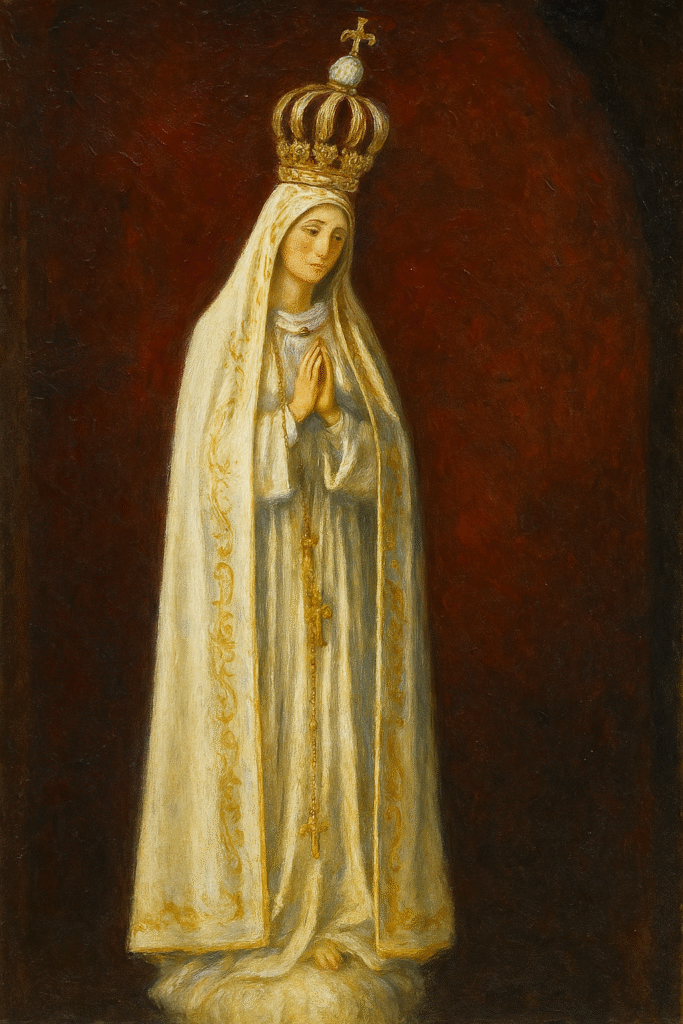
Reparations and Nagasaki
The Catholic perception of suffering is different from all other religions. Even many Protestant churches struggle to accept the sanctifying aspect of our suffering as atonement for our sins and the sins of others. They argue that Jesus atoned for all sins on the cross, and simply confessing our sins and believing in Jesus’ redemptive power they will be saved and go straight to heaven. But they ignore their part in what God expects of us. We still have to fix the damage that we have done through God’s merciful power. We still need to make reparations for the offences we have caused.
The messages of Jesus and Mary in Poland and Fatima both speak of how we can make reparations on behalf of others through our suffering if we so choose. Jesus asked St Faustina if she was willing to suffer for the souls of others. She accepted the challenge and suffered greatly in her life. Our Lady asked the same of the children in Fatima. “Do you wish to offer yourselves to God, to endure all the sufferings that He may please to send you, as an act of reparation for the sins by which He is offended and to ask for the conversion of sinners?”
This is concept of making atonement for the sins of others is best demonstrated in the holy city of Nagasaki. For centuries Christians had been persecuted in Japan and brutally tortured. However, eventually they were able to freely practice their faith and the largest practicing Catholic community in Japan lived and worshipped in Nagasaki.
It was fate that dropped the atom bomb on Nagasaki on the 9th August 1945. The original target was Kokura (now Kitakyushu). But due to cloudy weather the pilot of the B-29 Bomber, Major Charles Sweeney was unable to drop the bomb there and so continued to fly over the land. He was running low on fuel and saw the turret of a tall building and assumed there were people nearby and so dropped the bomb over Urakami Cathedral of the Immaculate Conception of the Blessed Virgin Mary. The second largest cathedral in the Far East.
On that fateful day, doctor and lecturer Takashi Nagai raced out of hospital to treat the injured. Sadly, he lost his wife in the blast. Like many others in Nakasaki, Nagai was a practising Catholic. A few months after the blast he gave a speech to bring comfort to the grieving faithful.
He said, ` “I have heard that the atom bomb . . . was destined for another city. Heavy clouds rendered that target impossible, and the American crew headed for the secondary target, Nagasaki. Then a mechanical problem arose, and the bomb was dropped further north than planned and burst right above the cathedral. . . . it was not the American crew, I believe, who chose our suburb. God’s Providence chose Urakami and carried the bomb right above our homes. Is there not a profound relationship between the annihilation of Nagasaki and the end of the war? Was not Nagasaki the chosen victim, the lamb without blemish, slain as a whole burnt offering on an altar of sacrifice, atoning for the sins of all the nations during World War II?
“We are inheritors of Adam’s sin . . . of Cain’s sin. He killed his brother. Yes, we have forgotten we are God’s children. We have turned to idols and forgotten love. Hating one another, killing one another, joyfully killing one another! At last the evil and horrific conflict came to an end, but mere repentance was not enough for peace. . . . We had to offer a stupendous sacrifice. . . . Cities had been leveled, but even that was not enough. . . . Only this holocaust in Nagasaki sufficed, and at that moment God inspired the Emperor to issue the proclamation that ended the war.”
Source: https://catholicism.org/takashi-nagais-life-and-message-of-peace.html

Takashi Nagai later wrote a book called ‘The Bells of Nakasaki’, whereby he recounts the horrors of what happened on that day and reflects on how God sanctified humanity through the faithful Christians who suffered due to the atom bomb.
In other words, the horrors of the war greatly offended God’s sense of justice and humanity had to make reparations for the offences caused. Nagai believed the suffering of the people in Nagasaki, practicing Catholics who did not participate in the war, atoned for the sins of the world for the second world war alongside the sufferings of Christ on the cross.
What you can do to pray for peace in a global crisis
Based on what Our Lord said to St Faustina, and what Our Lady said to the children in Fatima and on what happened in Nagasaki, it is clear that merely praying for world peace is not enough to ensure God will intervene. War is a result of man’s sin. Even if it is considered a ‘just war’, it would have been triggered by the sins of man. God expects reparations to be made. He is still the same God of the Old Testament and wholly just.
We need to put weight behind our pleas for peace. We too, can make sacrifices for peace. We can fast. We can spend hours before the blessed sacrament in prayer. We can go on pilgrimages and walk a holy mile in bare feet. We can give alms to the innocent victims of war. We can offer our own personal sufferings on behalf of peace, just as we can offer them for the holy souls in Purgatory. I will discuss Purgatory in future posts, and how we can help those poor souls make it to heaven. But if you want to pray specifically for peace in the world then put an action to the prayer. That is when God starts to work.
Now who is going to share this post with Donald Trump, so he will learn how to generate world peace and get to heaven?
